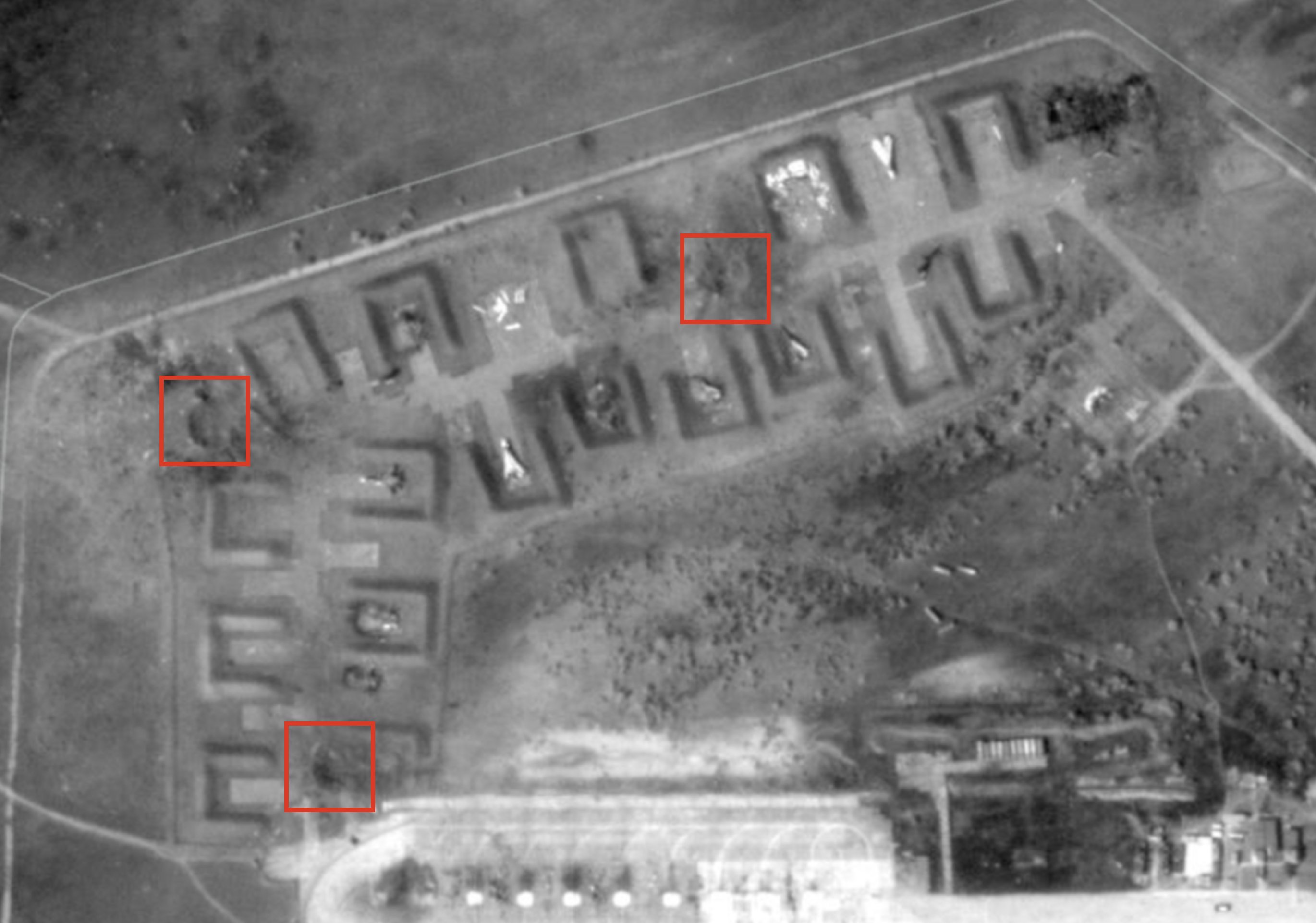Third, propaganda heavily relies on simple slogans and visuals, which produces memorable and easily understood messages that reduce the complexity of nuanced policy issues. Simple slogans like ‘we can do it’ or ‘join and fight’, for example, distil complicated issues into simple, repeatable ideas. Fourth, propaganda creates an ‘us versus them’ mentality, dividing individuals into groups. The first group, the ‘in-group’, consists of those individuals who support the ideas and policies of the propagandist. The second group, the ‘out-group’, consists of those who do not support the policies. Moreover, this out-group also consists of those who question the ideas of the propagandist. Propaganda seeks to remove nuance or any sort of grey area.
Hall, Abigail R. "State of deception: Propaganda in the war on terror." Economic Affairs 42.1 (2022): 168-178.


 You are transforming into a meme.
You are transforming into a meme.